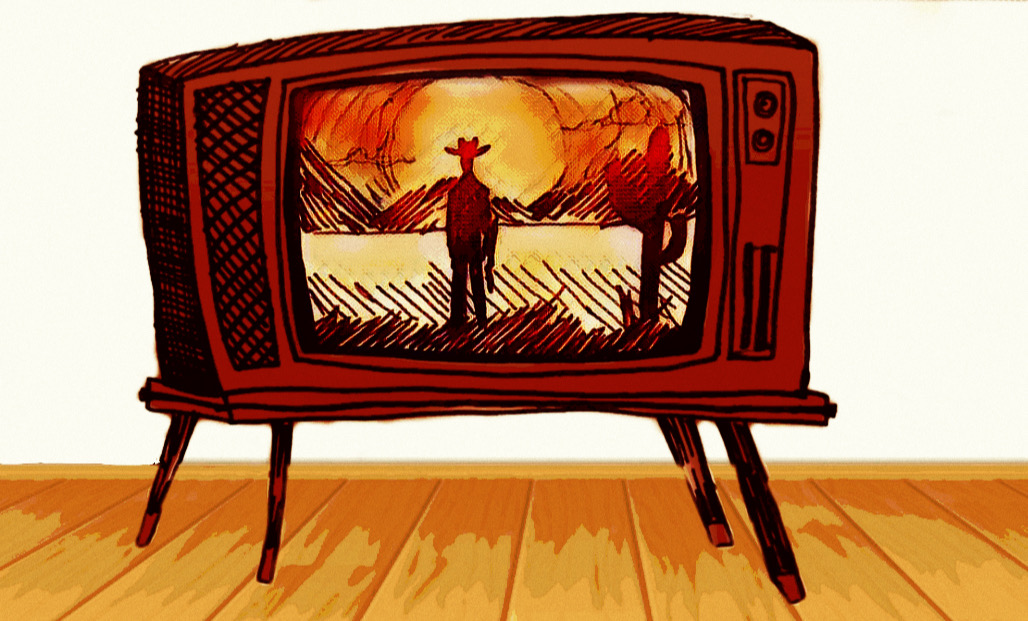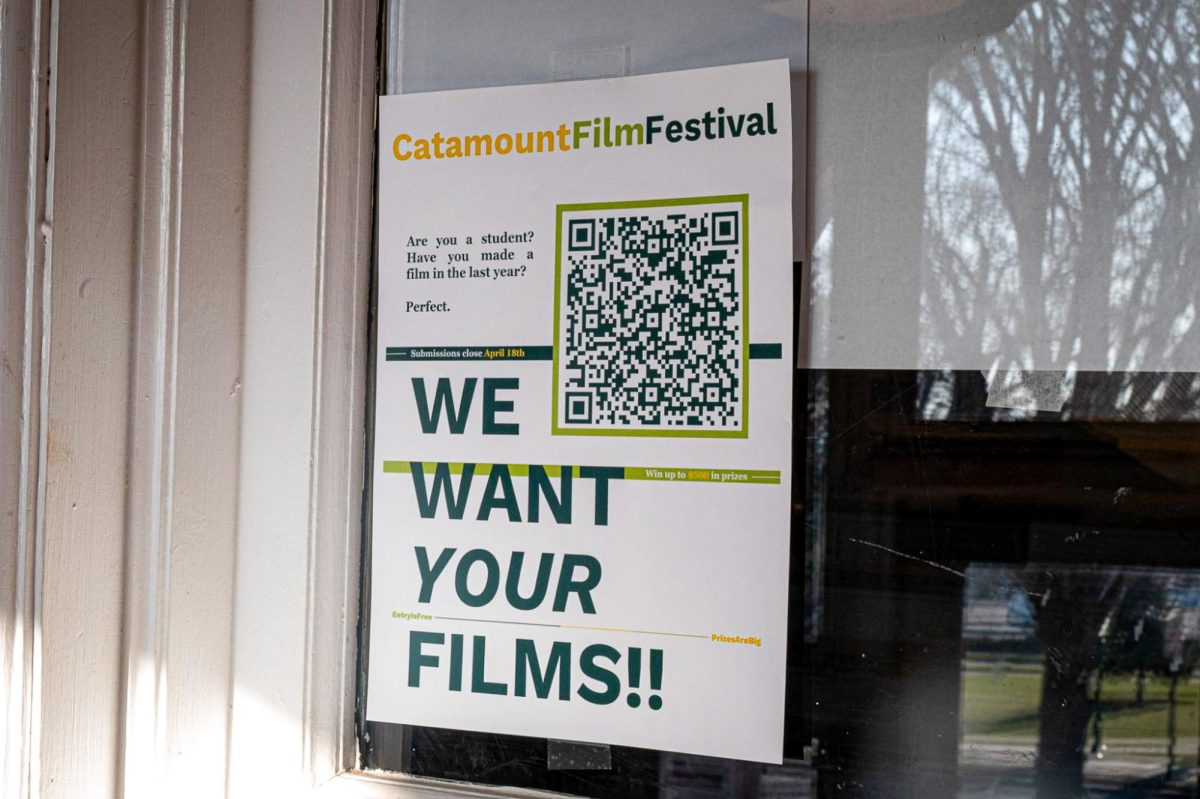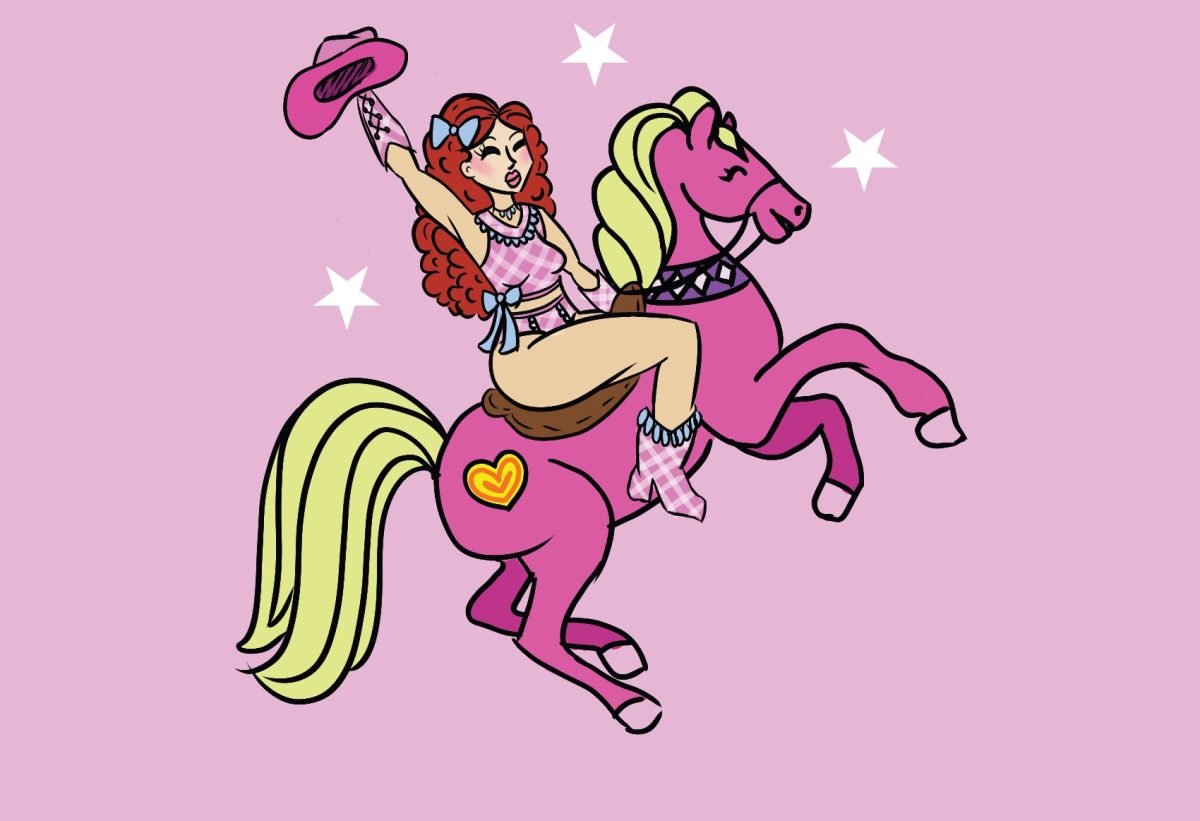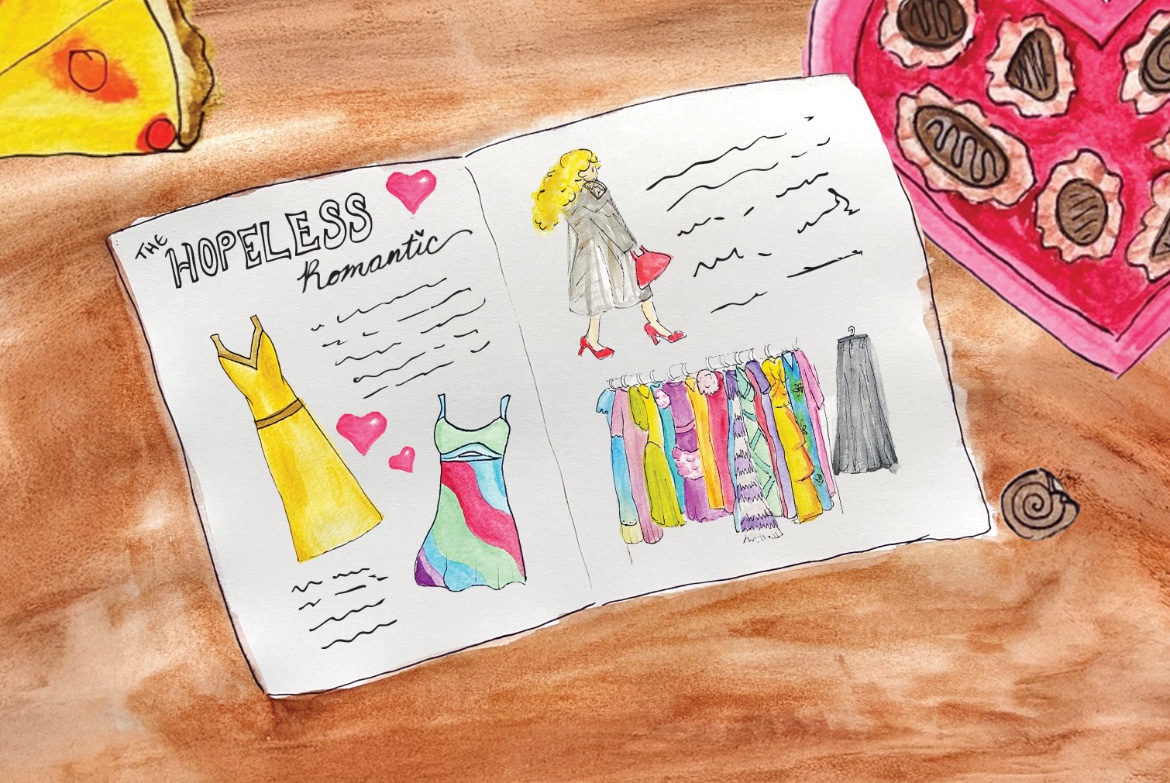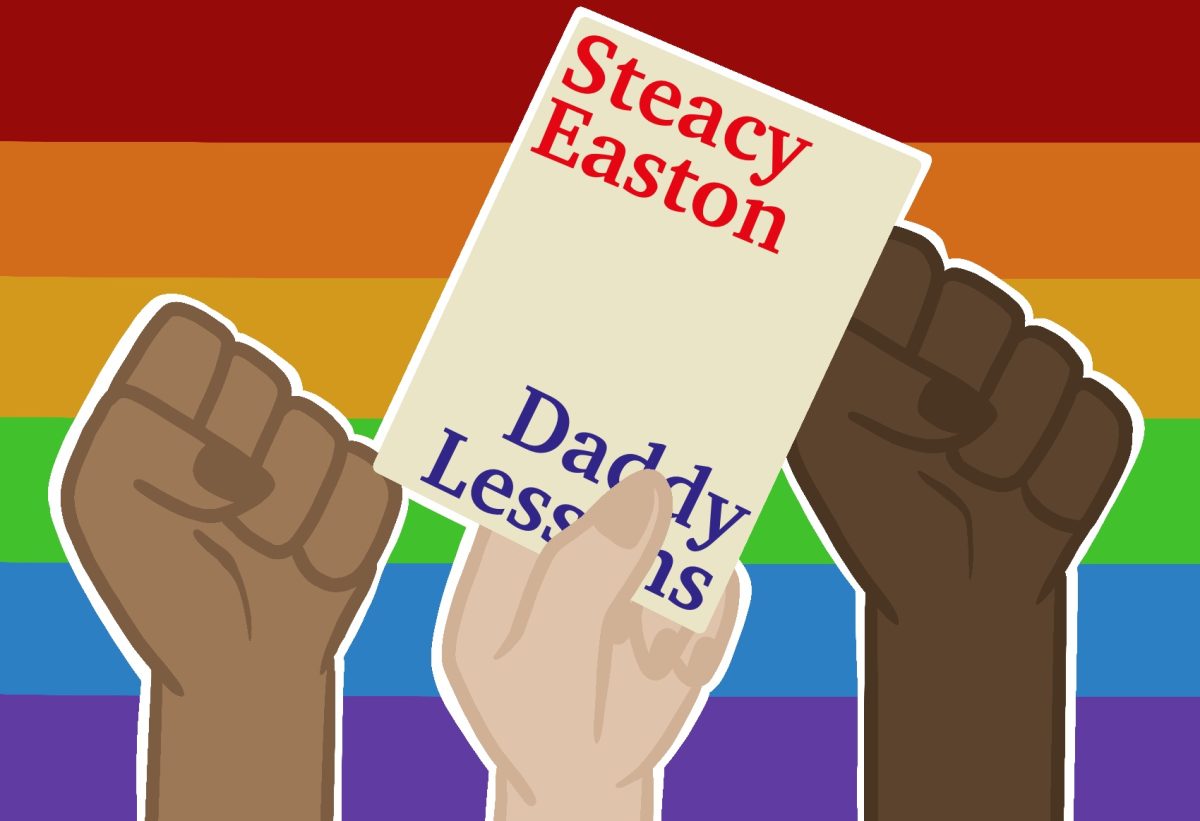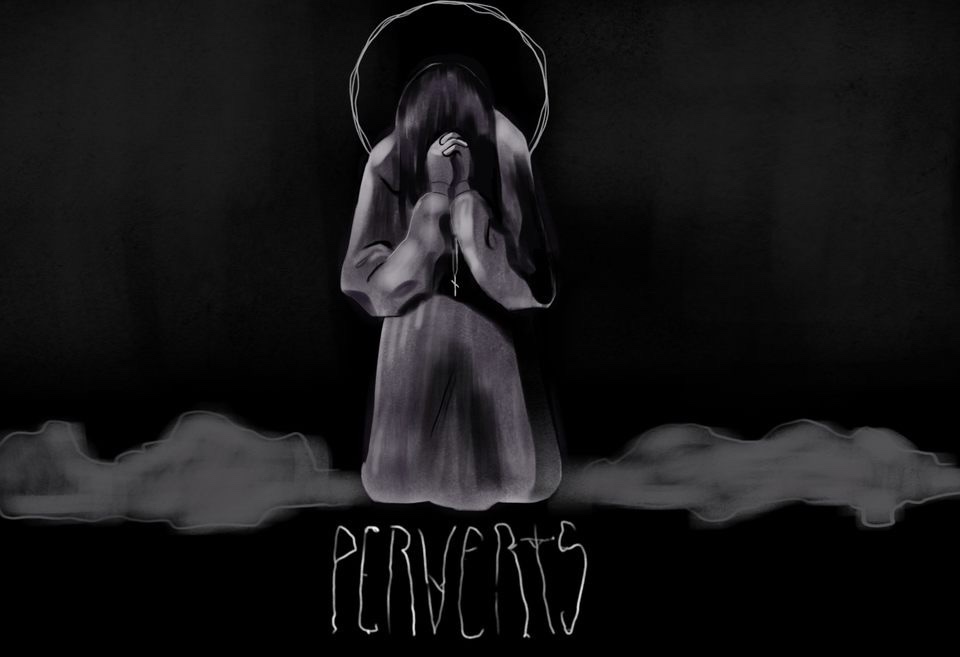I decided to watch a movie with my friends one Sunday night and got hit with a profound meditation on morality.
The ambiguous message in “Hell or High Water” questions where or whether one can draw the line between good and bad through its commentary on the poverty facing rural Texas and areas in the Southwest.
The movie functions as an essential cultural reminder that most situations in life reside in a moral gray area. The ideal of a distinct “good” or “evil” hardly represents our reality.
As part of the neo-Western genre, the movie opens with a bank robbery scene introducing us to the outlaws. Two brothers must rob a certain amount of banks in order to pay off the mortgage left on their family ranch after their mother’s death.
Deep in debt, Toby, played by Chris Pine, and Tanner, played by Ben Foster, race against the clock and the police in order to get enough money before Midland Texas Bank forecloses on the property.
Tanner clearly deals with rage issues, demonstrating himself as the loose end. Toby acts as the brains of the operation, lucidly planning each step of the robbery process to make their crimes untraceable.
The two want to save the ranch in order to give it to Toby’s sons. Oil was found on the property, and Toby wishes for his sons to experience life without the struggle of poverty.
The rangers in the film work as a fraternal mirror for Tanner and Toby. Marcus, played by Jeff Bridges, and Alberto, played by Gil Birmingham, follow behind the robberies and share a brotherly bond full of insults and teasing.
The contrast between the two rangers and the two brothers highlights the theme of ambivalence in the film. Set up as parallel but polarizing forces, the audience impossibly hopes to favor one duo over the other.
A sense of justice pervades the plot, creating sympathy for Toby and Tanner. The two steal money only from the bank foreclosing on their ranch, a Robin Hood-esque plot to pay the bank back with their own money.
Law enforcement’s negative reputation in contemporary society gets challenged through the professional and respectful nature of the rangers. While I find myself wanting to despise depictions of police officers in the media, the film models how law enforcement should look in American society.
The struggle between wanting to root for the brothers’ mission while also sympathizing with the rangers’ quest to avenge the collateral damage on the community makes picking sides difficult.
An anti-bank sentiment weaves into the film from the perspective of the brothers, the community and the rangers.
Alberto, of Native American descent, poignantly says to Marcus, “150 years ago all this was my ancestors’ land. Everything you could see, everything you saw yesterday. Until the grandparents of these folks took it. Now it’s been taken from them. ‘Cept it ain’t no army doin’ it, it’s those sons of bitches right there,” as he points at Texas Midland Bank.
The bank becomes the perpetrator of poverty but also of a perverted, cyclical justice, where the taker becomes the one being taken from.
A waitress who was generously tipped by a guilty Toby refuses to aid the police investigation, contributing to the brothers’ success. She, too, has to pay a mortgage and will use this money to do so, demonstrating the community versus the bank effect of capitalism-induced poverty.
The loveable brothers capture the audience’s sympathies, until their actions produce collateral damage on the community. In their last robbery, they end up killing two people when the situation goes awry.
Movie reviewer Josh Hammond found the thematic undertone in “Hell or High Water” to be quite overboard, finding the message of robbing back what was robbed from you too obvious, according to Monday Morning Movie Quarterback.
I find that Hammond completely misses the actual undertone of the film. The moral ambiguity initiated by this message is the first in a series of layers which leaves the audience, as well as Toby and Marcus, trying to reconcile the experience at the end of the film.
The hidden message of the film becomes an inquiry into how to resolve contradicting experiences of pain and suffering combined with differing visions of justness.
While the last robbery initiates Tanner’s transition into an unhinged villain, his commitment to Toby and Toby’s sons provides a moment of heartwarming sympathy which complicates relegating him to the side of evil.
Tanner kills Alberto while sniping cops in his last ditch effort to get away. Marcus kills Tanner in revenge, once again hinting at the pervasive sense of justice in the movie’s events.
Tanner’s killing of Alberto saddened me to the point that Marcus’s vengeance felt good, though I couldn’t help but sympathize with Toby’s loss.
In the last scene, Marcus approaches Toby to ask him why he committed the robberies. Toby has gotten away with the crime, paid the mortgage and set up his boys and ex-wife with oil pumps and money.
The audience learns that Alberto left a poor family of six, struggling to make ends meet on a single pension. So while I felt happy for Toby’s boys, I regretted the fate of Alberto’s family.
“Hell or High Water” leaves one without the taste of moral satisfaction. But the movie does not call for moral correctness or satisfaction; rather, it encourages the audience to search for peace in the face of an ethical dilemma.
In a world where misinformation abounds and morality seems hard to understand, “Hell or High Water” encourages the audience to take in all perspectives in the presence of good and evil.
“When you come by, maybe I’ll give you peace,” Toby said to Marcus in the last scene.
Maybe “Hell or High Water” can give us the tools to find peace in a world of gray area.


